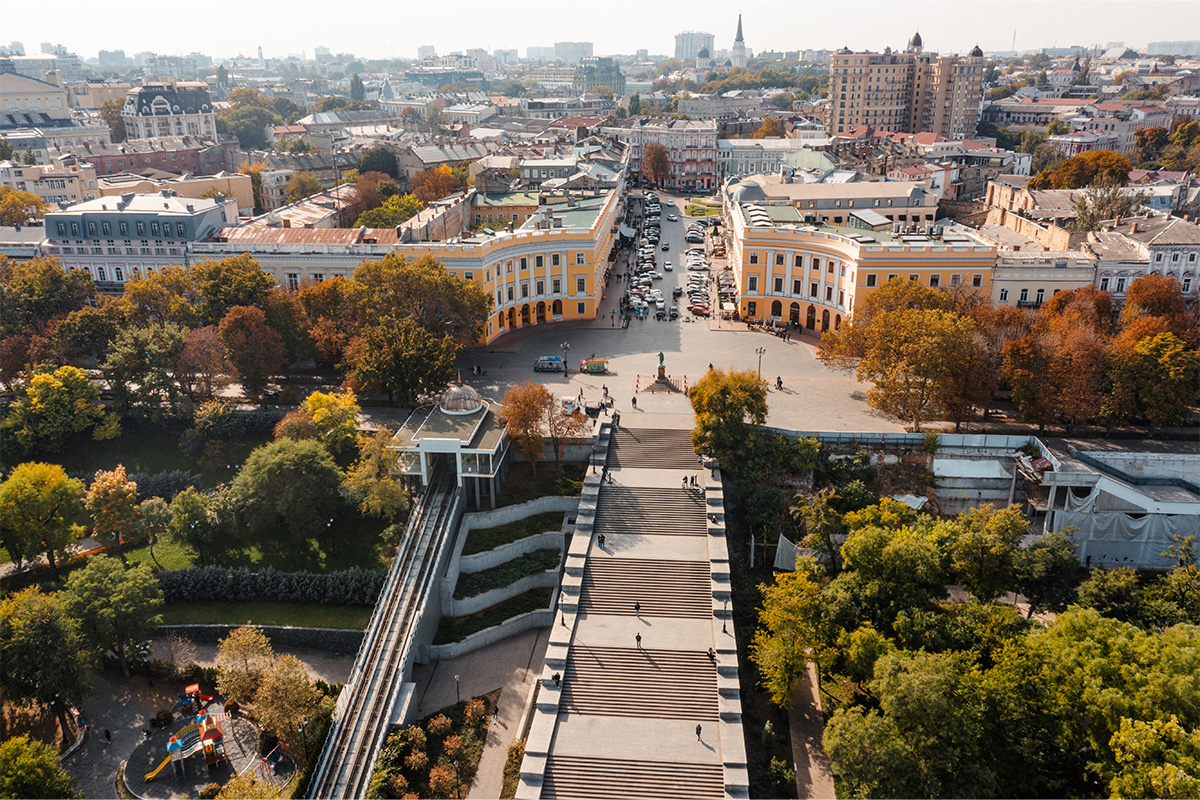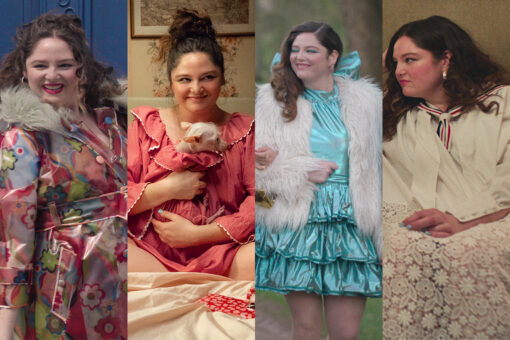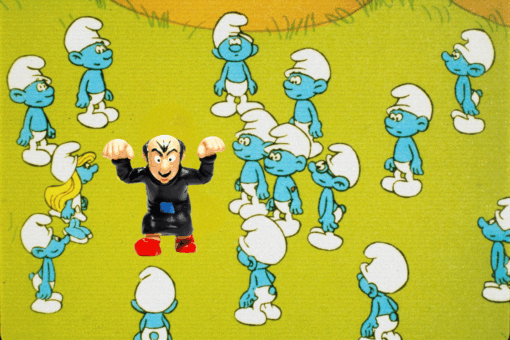When my father called to ask if I wanted to join him on a pilgrimage to his birth city of Odessa, Ukraine, I tried to say no. A heritage trip just wasn’t at the top of my priority list during the summer of 2012. I was traveling with friends in Israel and had pledged my life to an aspiring acupuncturist within a week of meeting him. Every bone in my body wanted to stay in Tel Aviv with my fake boyfriend instead of enduring a week of what I feared would be an exaggerated version of my typical American experience of former-Soviet restaurants: pickled herring, jellied meat, countless vodka shots and an onslaught of drunk interrogations and anecdotes from relatives in a language I could hardly speak or understand.
My parents’ enthusiasm to travel to Odessa also didn’t line up with their fraught connection to the former Soviet Union. When my father left 44 years ago, he was escaping from religious and intellectual oppression. “What are you?” or “Where are you from?” were complicated questions for me to answer as a kid. “Stop telling people that we’re Russian. We’re Jews from the former Soviet Union — Ukraine and Belarus if you want to be exact,” my parents proudly declared, striving to separate themselves from the murderous history of Stalin, whose influence ultimately cut the Jewish population of Odessa from 36% of the city in 1926 to a mere 1.2% in 2001.
I always felt pangs of jealousy when my best friend Mekahl would return from visiting his extended family in Pakistan. There, he absorbed flavors and sounds whose influences made their way back into his dinner party dishes and DJ sets. The envy would also emerge when my friend Banna shared photos of her trips to see her family in Eritrea. I recognized the vibrant colors, shapes and patterns from photographs of her travels in the design of her spectacular clothing line. My friend Joy’s multi-generational tradition of summering with her Swiss-born parents and grandparents on the Italian-Swiss border influenced her to open her own wildly successful winery outside of Rome.
The connection I felt to my fellow first-generation American friends stopped as soon as we discussed the notion of “returning home.” I had no attachment to the land that ushered my mother and father into this world.
Nevertheless, my unshakable desire to be a dutiful daughter, along with my love for Ukrainian-born writers, got the best of me, so I deserted the acupuncturist and purchased a flight to Odessa. I had fallen in love with the works of Isaac Babel and Sholem Alecheim in college, and I hoped that some of their genius might seep into my pores as I explored their hometown. I boarded my flight via a three-hour layover in Kyiv and relaxed into my seat aboard an Aeroflot plane that was in desperate need of a Richard Branson makeover. Minutes after falling asleep, I was awoken by an elderly Ukrainian couple who violently shoved my seat forward every time I tried to recline.
I landed in Kyiv sleep-deprived and frazzled. As soon as I connected to the wifi, I received a message from my mother letting me know that her cousins Natasha and Zina awaited me at the Kyiv airport. I found them on the other side of customs holding a sign with my name spelled in Russian and a basket packed with pierogies, chocolates and kvass (a fermented, rye-based beverage, which, like kombucha, is touted to have many health benefits.) They spoke over one another, recalling the last time they’d seen me during their visit to Los Angeles 20 years prior. Since I was 5 years old at the time, I had no recollection of the encounter, but I held onto every word I could understand as they cheerfully recounted stories of my late grandfather, showering me with the kind of unconditional love I’d only encountered in Victorian novels when reading about young women and their doting elders.
When I finally landed in Odessa, I felt relieved to see my sunkissed parents on the other side of the world. They seemed relaxed after spending a week on the Black Sea. But when I tried chatting up our cab driver in my broken Russian dripping with valley girl vocal fry, my mother tensed up and elbowed me in the ribs.
“Don’t use your Russian with people you don’t know while we’re here,” she whispered. I quickly understood that even after 34 years, they were still paranoid about their Jewish identity while traveling on former Soviet land.
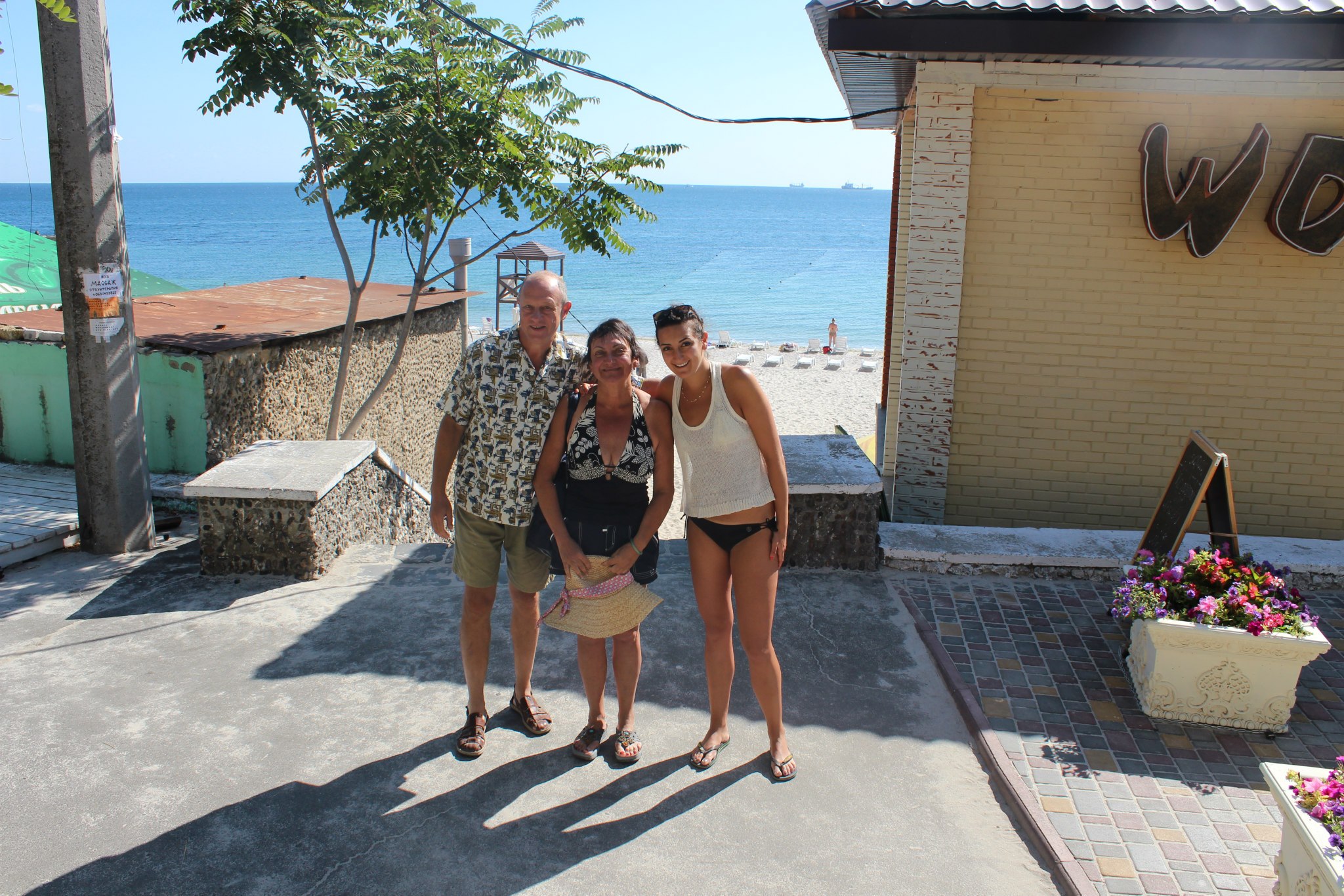
After a shaky start, we fell into a rhythm. I woke up each day in a light-filled apartment ten minutes by foot from the Black Sea. My family and I would spend the mornings swimming and eating my father’s favorite snacks: toasted sunflower seeds out of newspaper cones and fried anchovies peddled by teenage boys.
For lunch, we purchased goods from the Privoz, Odessa’s main farmer’s market. “Not a drop of pesticides on these crops!” my father exclaimed as he breathed in the perfume of the dill, tomatoes, cucumbers and garlic that I fondly associated with my grandmother’s kitchen in L.A. The older women selling pickles and cured meat had their hair pulled back in the same colorfully-printed scarves I used to steal from my mother’s closet to play dress-up. The fishermen and butchers sold us fresh fish and pig fat. My younger brother, an aspiring chef at the time, swooned at the variety and quality of products. He made lunch for us each day, a spread of produce, cured fish, farmer’s cheese, rye bread and table wine we collected from a barrel into two-liter plastic bottles.
In the late afternoons, we toured Odessa with my father’s childhood friend Anna. I did my own swooning when I discovered that Anna had started Odessa’s Center for Jewish Culture and Literature. She created the curriculum for all of Odessa’s walking tours and knew the city intimately. We visited the opera house and Potemkin’s stairs — but also my father’s childhood apartment, his elementary school and, most importantly, his dacha (a seasonal or year-round second home.)
While most Soviet children — including my mother, who is from Minsk — spent their summers in Young Pioneer camps participating in organized activities and learning to be model Soviet citizens, my father enjoyed the freedom that came from being the son of a doctor. As a result of this class difference, my mother often makes fun of my father for being fancy — but I know the dacha offered him a respite from the oppressive Soviet regime where he could daydream, play songs on his acoustic guitar by the Beatles and Pink Floyd and make French New Wave-inspired short films with his friends. As I listened to my father reminisce about his summers, I finally understood how that kind of childhood gave him the courage and creative space to pioneer 3-D printing in the early ‘90s. My mother, on the other hand, never outgrew her love of organized activities; she happily spends her summers working as a doctor at a sleepaway camp in the Poconos.
A city tour of Odessa allowed me to see how my parents’ personal histories influenced me in a way that anecdotes, dinner conversations and family photographs could not replicate. We promised each other and the rest of our extended family in the U.S. that we would come back in 10 years for a reunion.
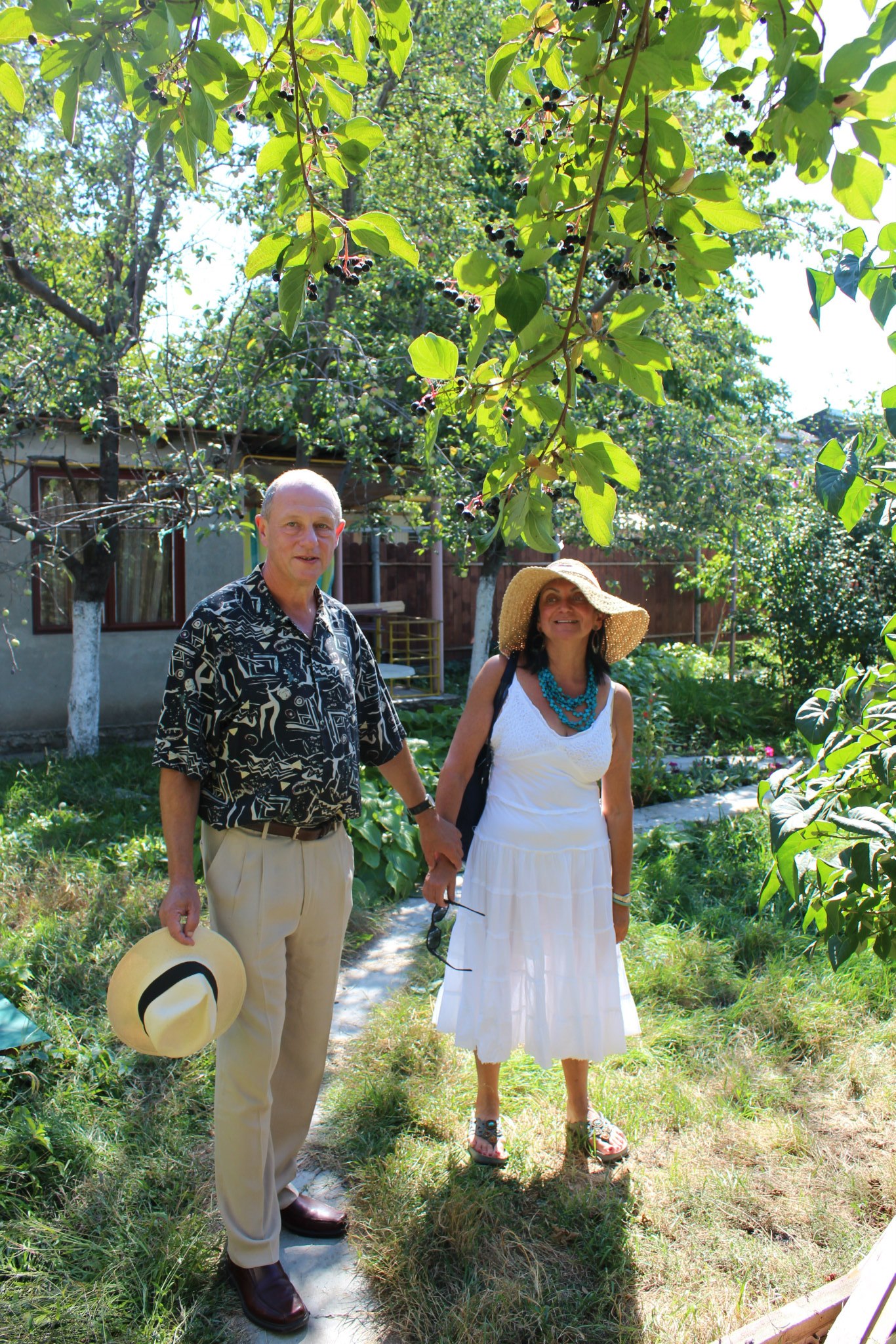
My time in Odessa spurred a yearning to connect more deeply with the “Russian” aspects of my upbringing and culture. To be clear, when I say Russian, I really mean the amalgam of cultures from the former Soviet Union, which can mean any combination of influences from the 15 republics of the U.S.S.R. — Ukraine, Latvia, Georgia, Belarus, etc. I’ve started to make Russian food and feel fondness for the campiness and decadence of Russian restaurants. I watch movies by Andrei Tarkovsky and Kirill Mikhanovsky and read the works of journalists like Masha Gessen and Svetlana Alexievich. As my parents and grandmother grow older, embracing Russian Jewish culture is how I stay connected to them and to myself as the homogeneity of western millennial culture encourages me to forget the diaspora and embrace what is new and modern, just as my parents did when they first arrived in the U.S.
When my family and I visited Odessa in 2012, it was still the city of my father’s memories. A decade later, instead of planning our reunion, we stay on the phone with Natasha, Zina and other friends and family from Ukraine who have safely relocated to Israel and the U.S. Nearly eight million Ukrainians fled to save their lives, and as a global community, we must welcome them into our cities with open arms so that their cultural heritage can live on while their land is under siege.
In the early days of the war, while Russian forces invaded and lay waste to Ukraine, I celebrated my grandmother’s 90th birthday party in an ornate, Armenian-owned banquet hall in Glendale, California. The chandeliers and gilded armchairs served as a perfect backdrop for performances orchestrated by a short, mustachioed MC from Moscow. In the days leading up to the party, my father told me that he hadn’t been sleeping; “I keep imagining what I would do if I were Zelensky and had the fate of an entire country on my shoulders,” he sighed.
Like Zelensky, he realized the show must go on. Donning a striped Soviet Navy undershirt, he belted out a ballad about a sailor named Konstantin and his one and only love: the seaport city of Odessa. The energy, humor and dance moves of my father’s performance put any high school musical to shame. I sat in awe of his optimism as I continued to receive alerts on my phone about Russia’s indefensible invasion of Ukraine. I felt grief for a land that, despite bringing me closer to my family, never felt securely ours to claim.
